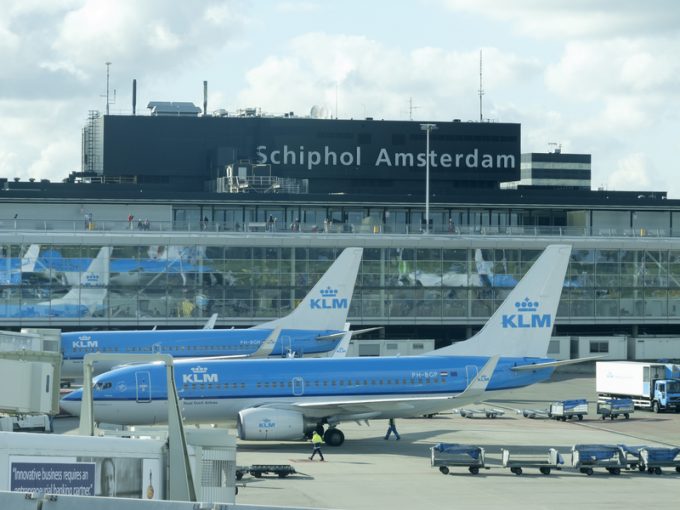News in Brief Podcast | Week 51 | Airfreight peak, management shuffles and automation impasse
In this episode of The Loadstar’s News in Brief Podcast, host and news reporter Charlotte Goldstone ...

News that the Dutch government on Friday ordered Schiphol to cut flight numbers by 12% next year has led to fears other European airports may also face reductions.
The Dutch government ordered Schiphol to reduce the maximum number of flights at the airport from 500,000 to 440,000 – a more severe reduction than the airport anticipated.
The cuts will be in force for the next five years – but the government has not said what will happen after that, making planning impossible ...
Asia-USEC shippers to lose 42% capacity in a surge of blanked sailings
USTR fees will lead to 'complete destabilisation' of container shipping alliances
Outlook for container shipping 'more uncertain now than at the onset of Covid'
New USTR port fees threaten shipping and global supply chains, says Cosco
Transpac container service closures mount
DHL Express suspends non-de minimis B2C parcels to US consumers
Zim ordered to pay Samsung $3.7m for 'wrongful' D&D charges
Flexport lawsuit an 'undifferentiated mass of gibberish', claims Freightmate
Uncertainty over US tariffs sparks interest in bonded warehouses for imports
Cancelled voyages take the sting out of spot rate declines this week
Shippers warned: don't under-value US exports to avoid tariffs – 'CBP will catch you'
Blanked sailings in response to falling demand 'just a stop-gap solution'

Comment on this article